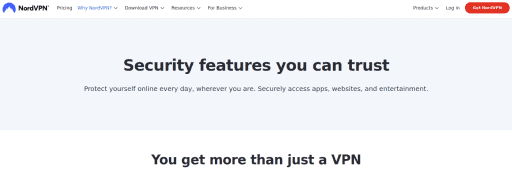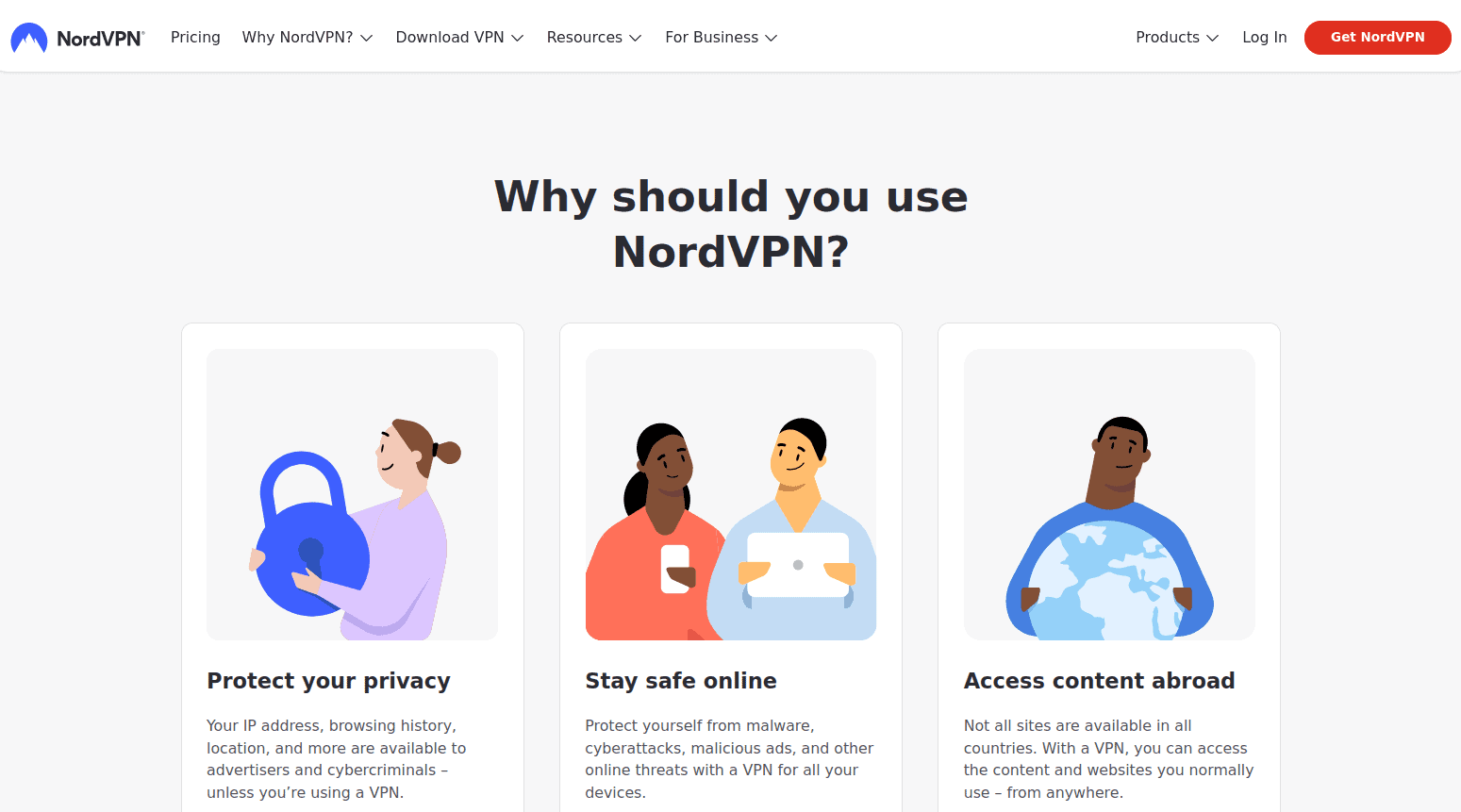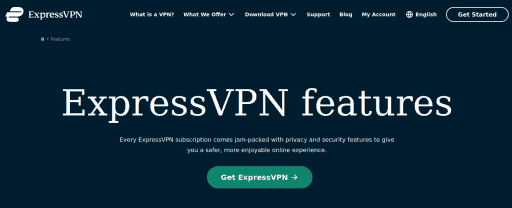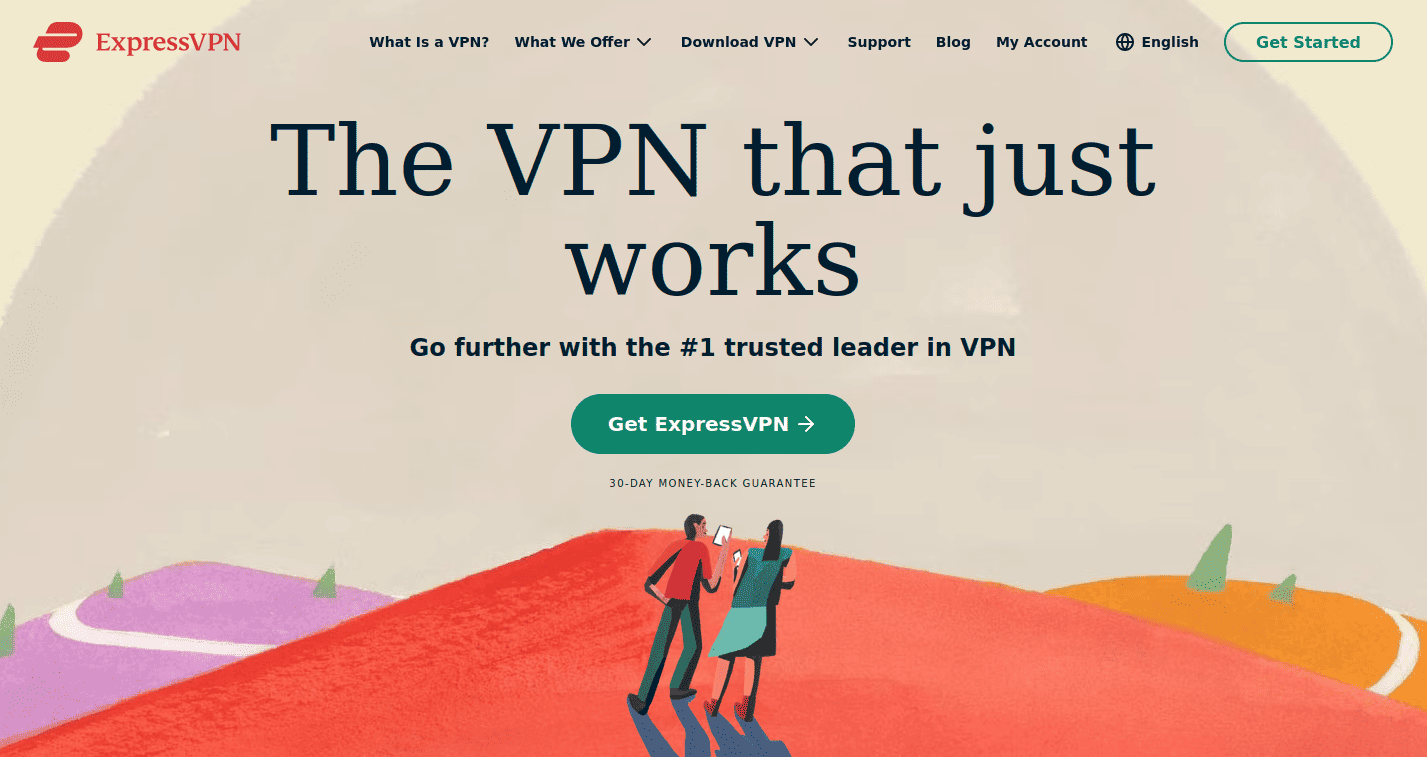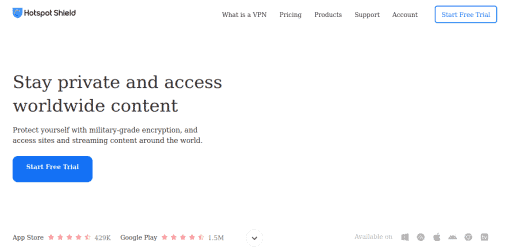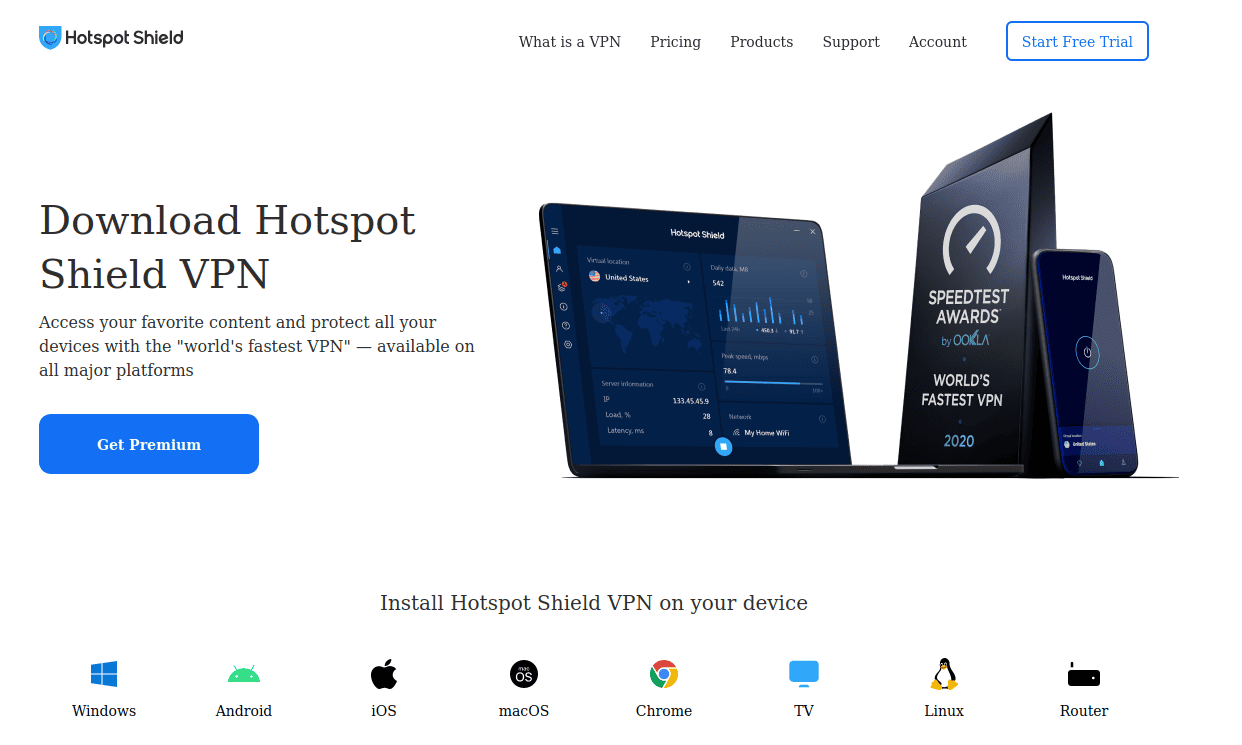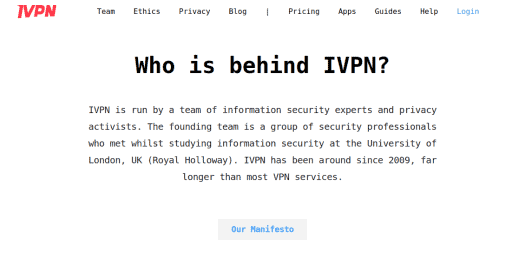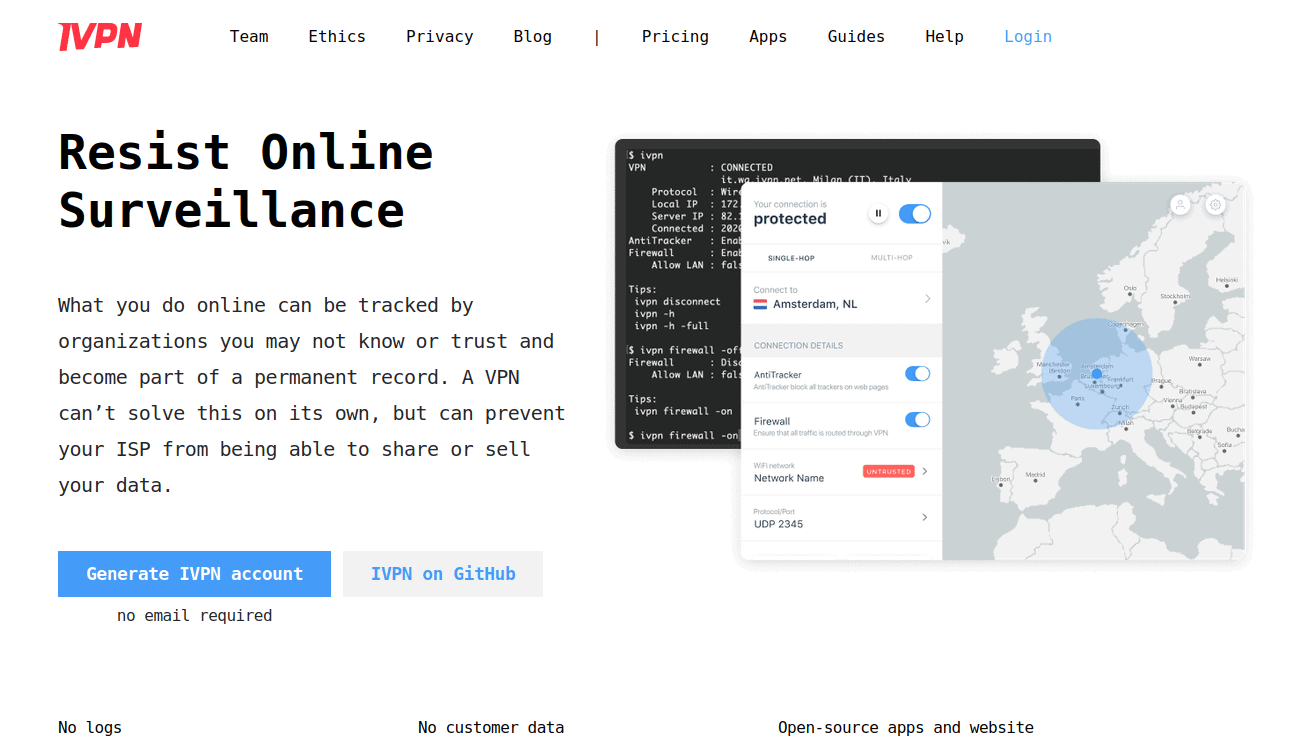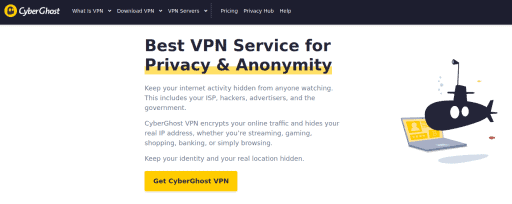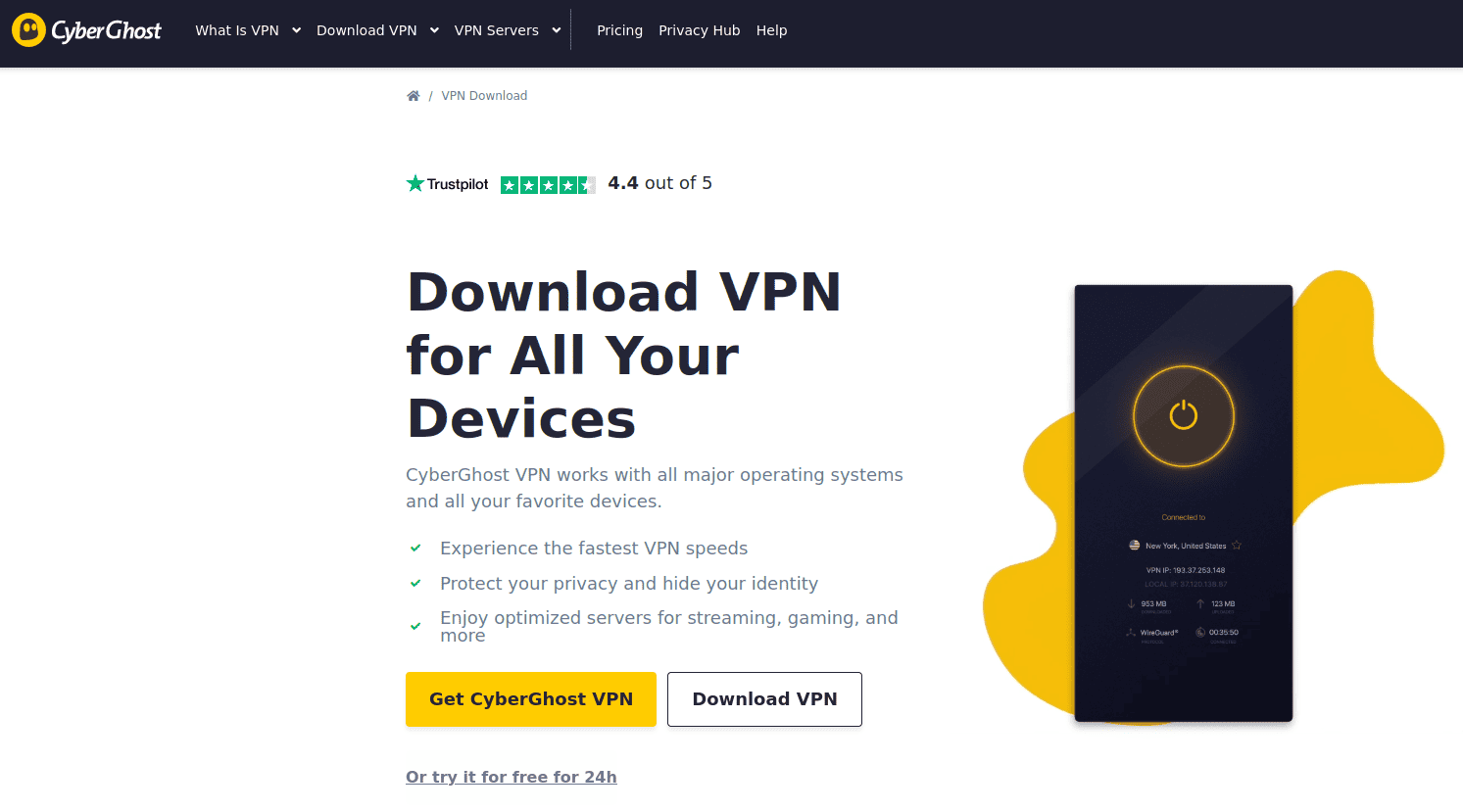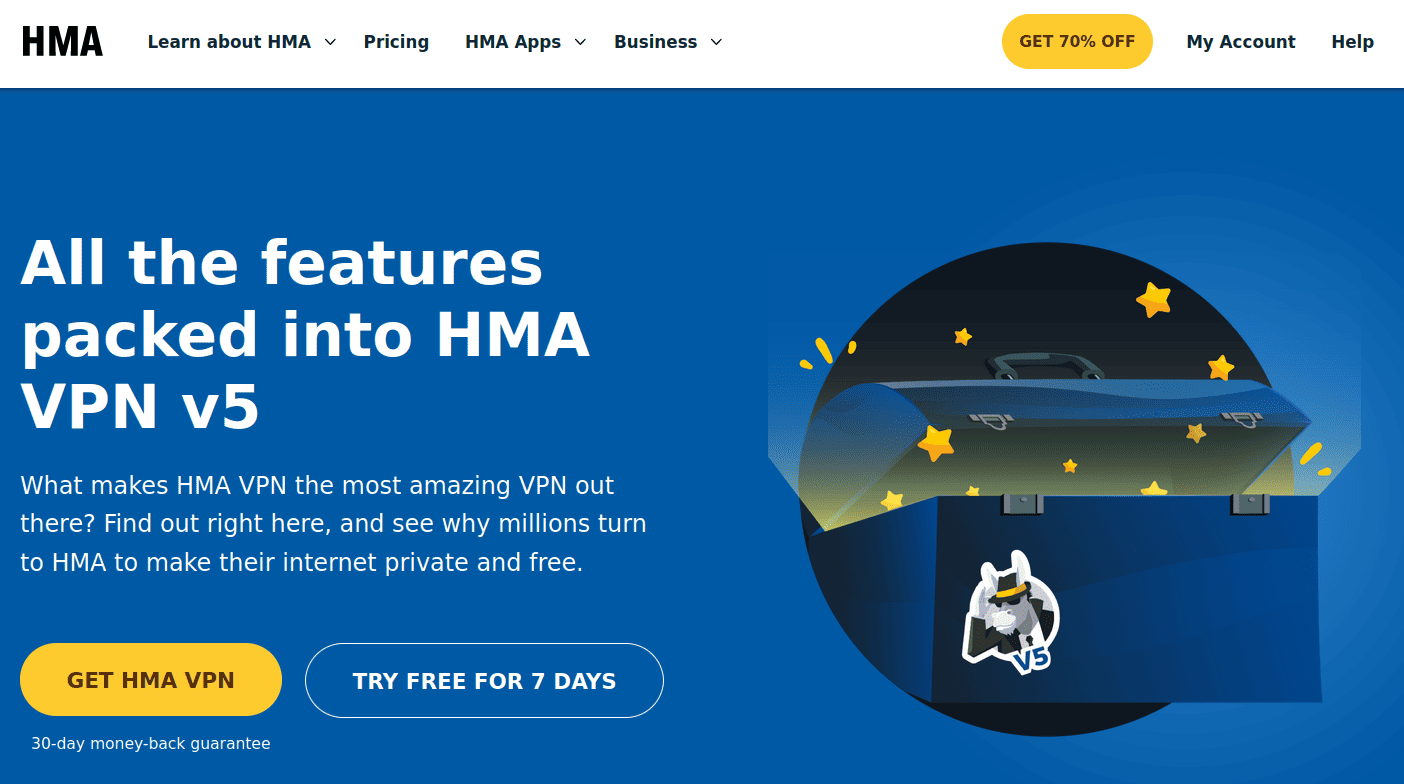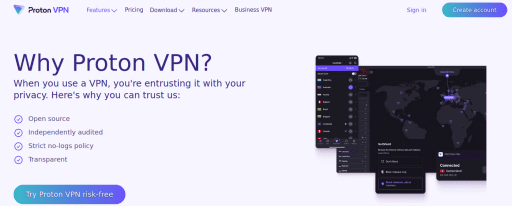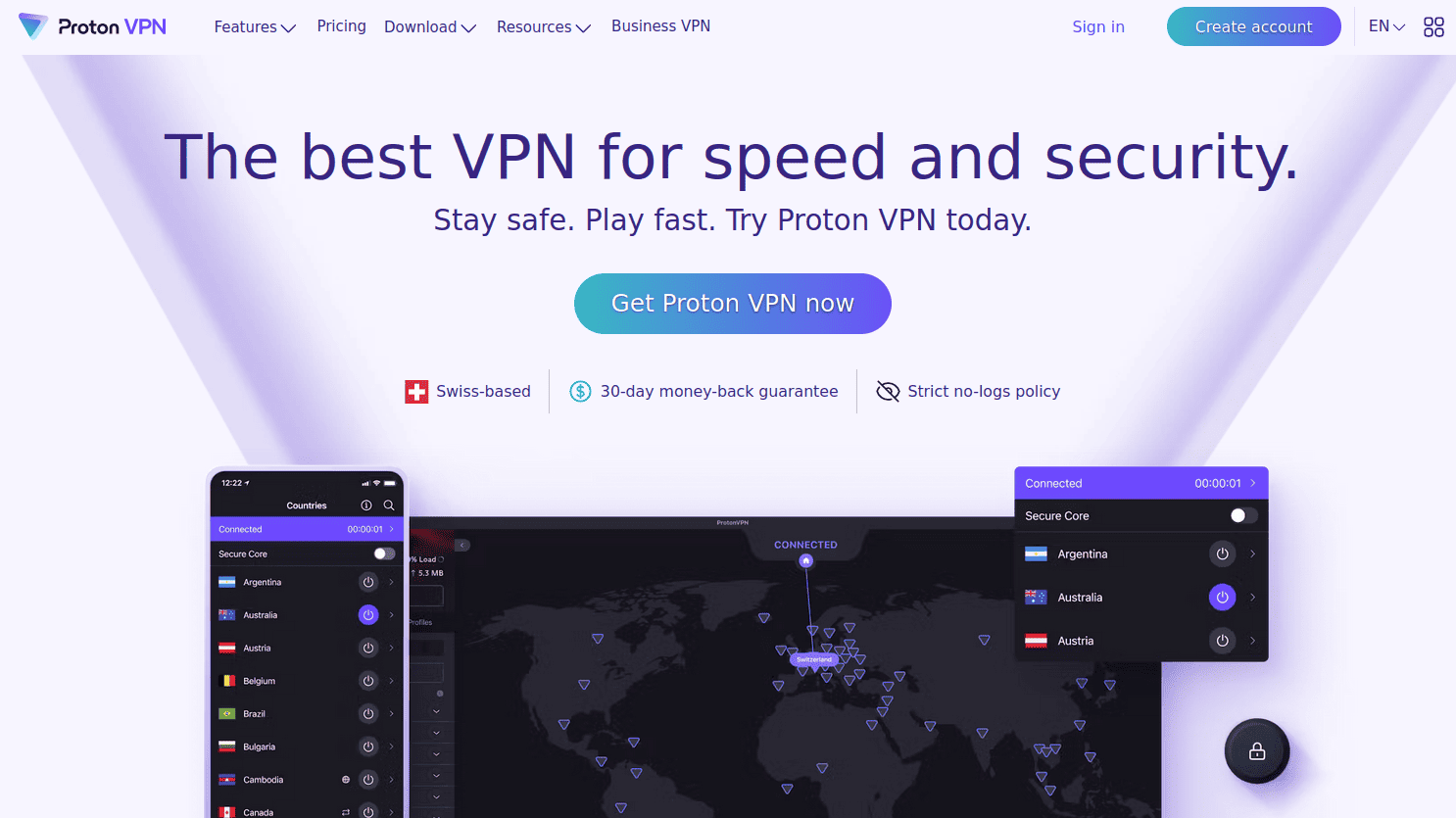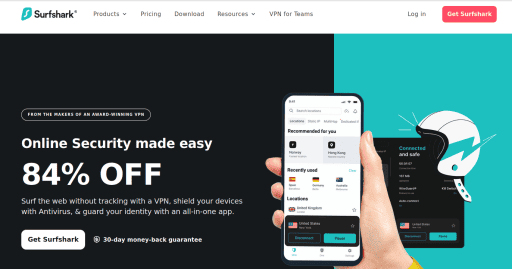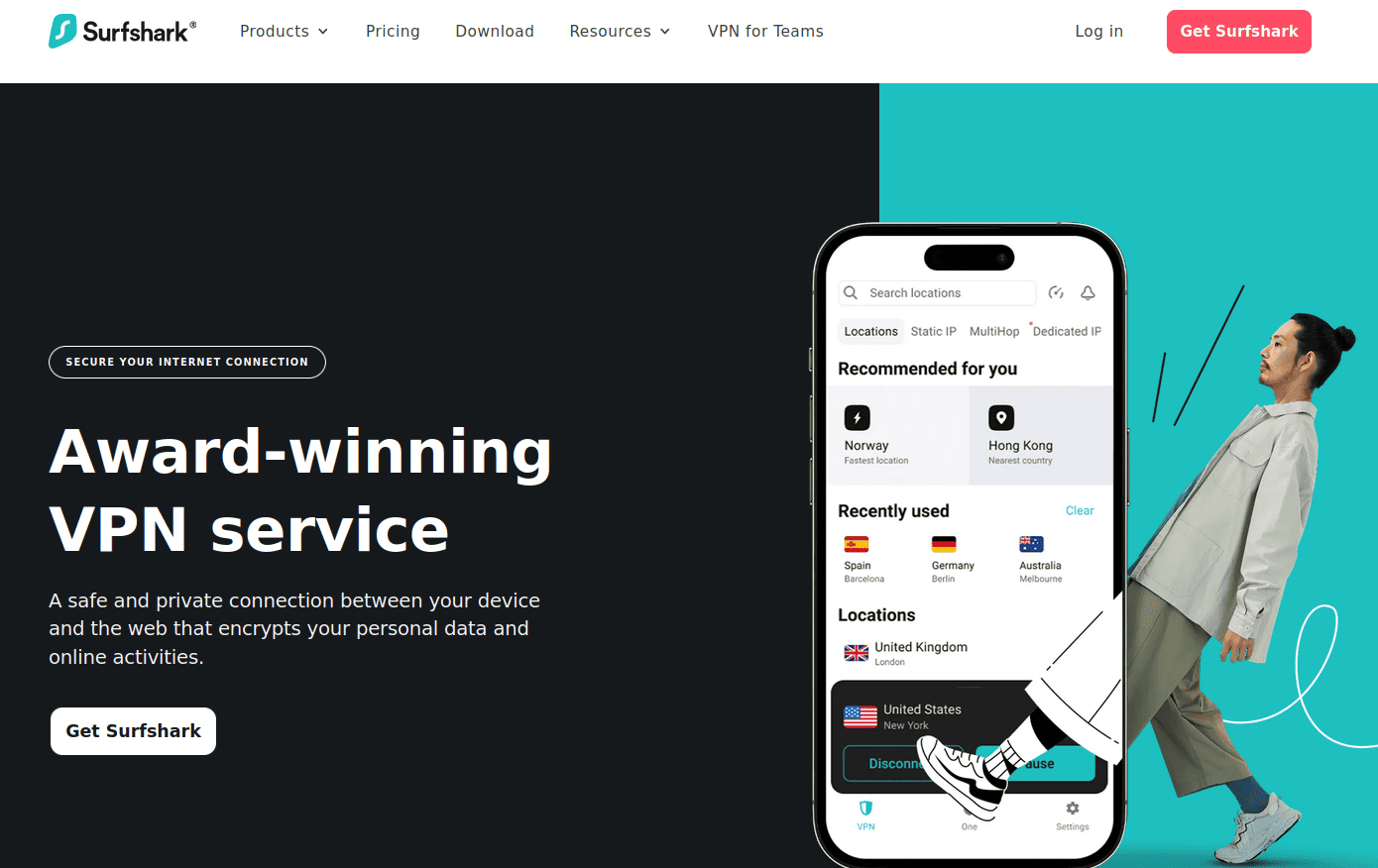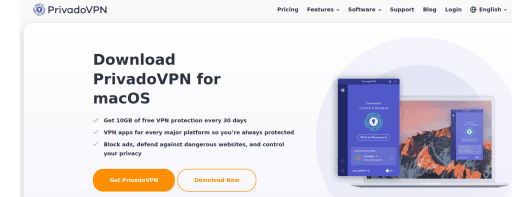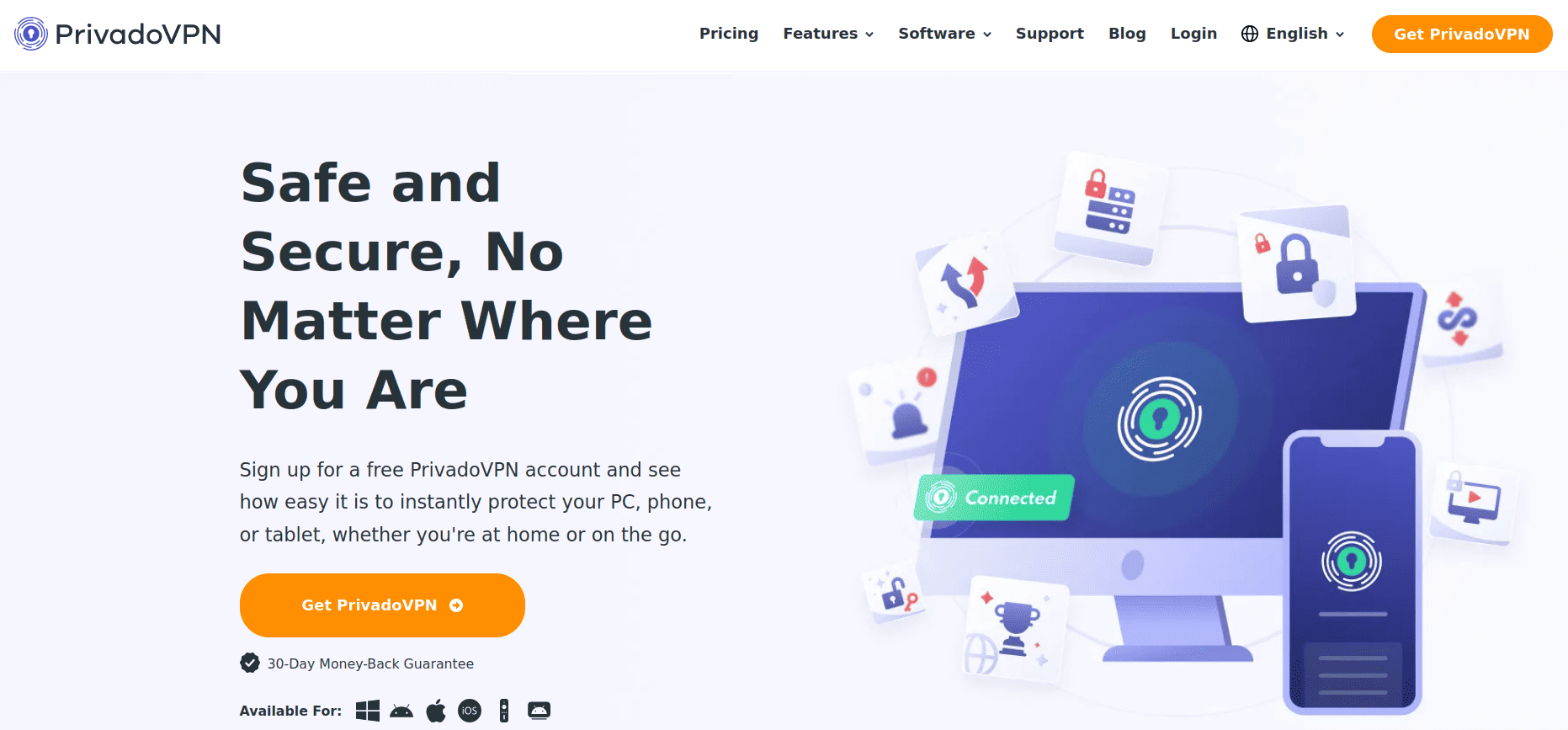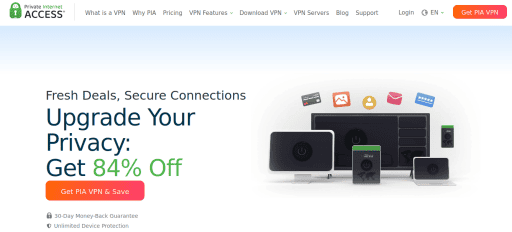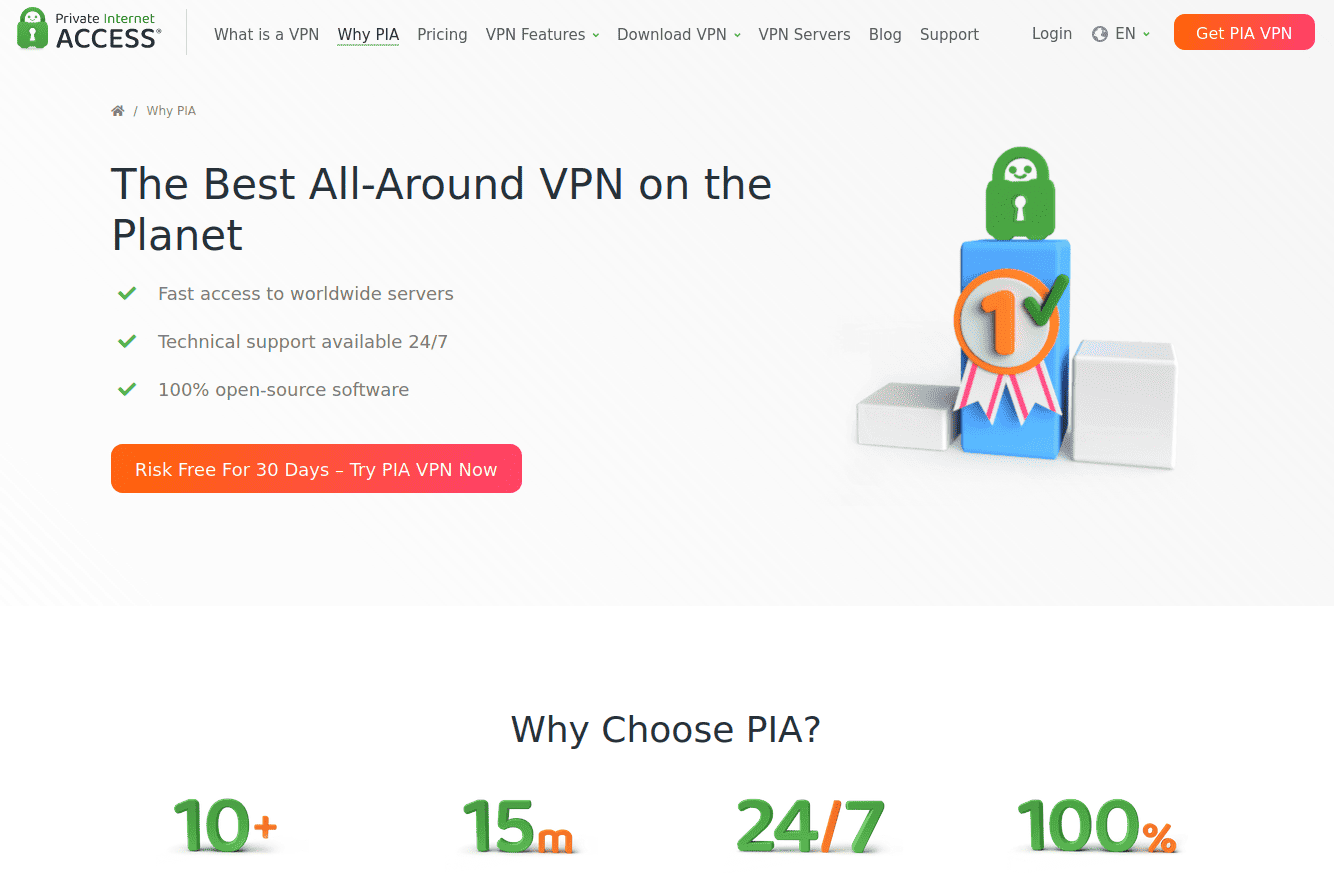If you’re someone who hosts their own website, you’ll probably already be aware that you’re going to need to store and manage all your site data on a server with an internet connection.
Now, while some of the more traditional web hosting services out there might come with reliable enough infrastructure and support for handling any of the technical or privacy concerns you may have, that’s not to say VPNs won’t still come in handy
So, throughout this next section, we’ll be walking through the particular benefits of using a VPN for web hosting:
Protection Against DDoS Attacks
If you’re lucky enough to have no experience with Distributed Denial of Service (DDoS) attacks, these are basically a kind of cyber attack that criminals use to cause downtime and generally disrupt your online operations.
It goes without saying that if you’re using your site for business-related reasons, for instance, any kind of consistent disruption to your website is going to have some pretty damaging consequences in terms of your cash flow and general public perception.
So, the idea is that by routing all of your web hosting traffic through a VPN server, the same way we mentioned earlier in the article for personal use, you’ll then be able to mitigate a lot of the risk that comes from DDoS attacks since your hosting server‘s true IP address is fully obfuscated.
Naturally, this then makes it way harder for people to identify and target your website, so you shouldn’t have to worry about any visitors being unable to navigate your website because of any inflicted downtime.
Geo-Location Flexibility
If you’re using a VPN for web hosting, you’ll actually be able to choose the specific geographic location of the VPN server where all your website traffic will be routed to, which can actually be a massive opportunity to cater to specific demographics if your website happens to receive more traffic in a particular region.
In fact, aside from just being able to target international markets, this can also help out a lot when it comes to complying with data sovereignty laws, so you’re getting a lot of flexibility here either way.
Bypassing Internet Censorship and Restrictions
Following on from the previous point, any regions with pretty heavy laws or restrictions when it comes to internet censorship can be dealt with by using a VPN since you can simply just route the hosting traffic through a VPN server somewhere with open internet access – essentially allowing you to ensure your website is open to visitors regardless of where they’re actually located.

